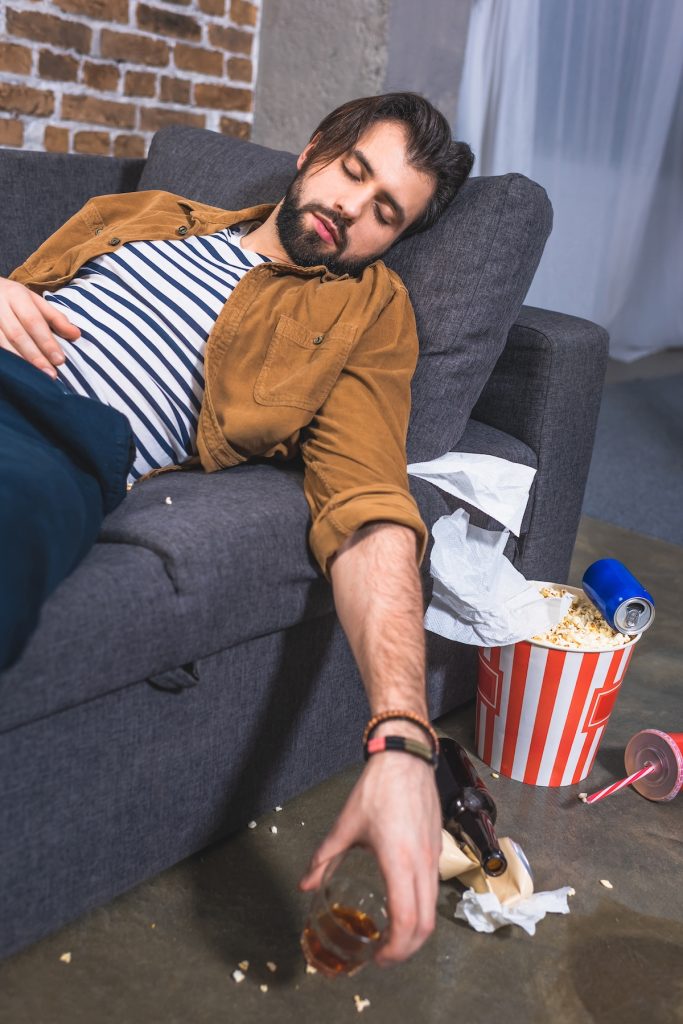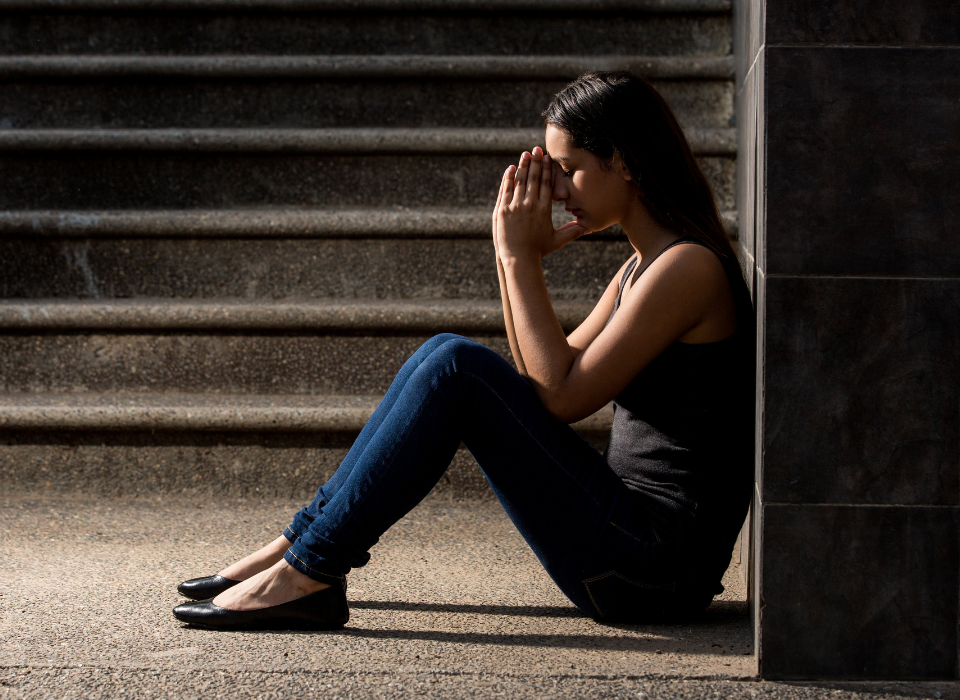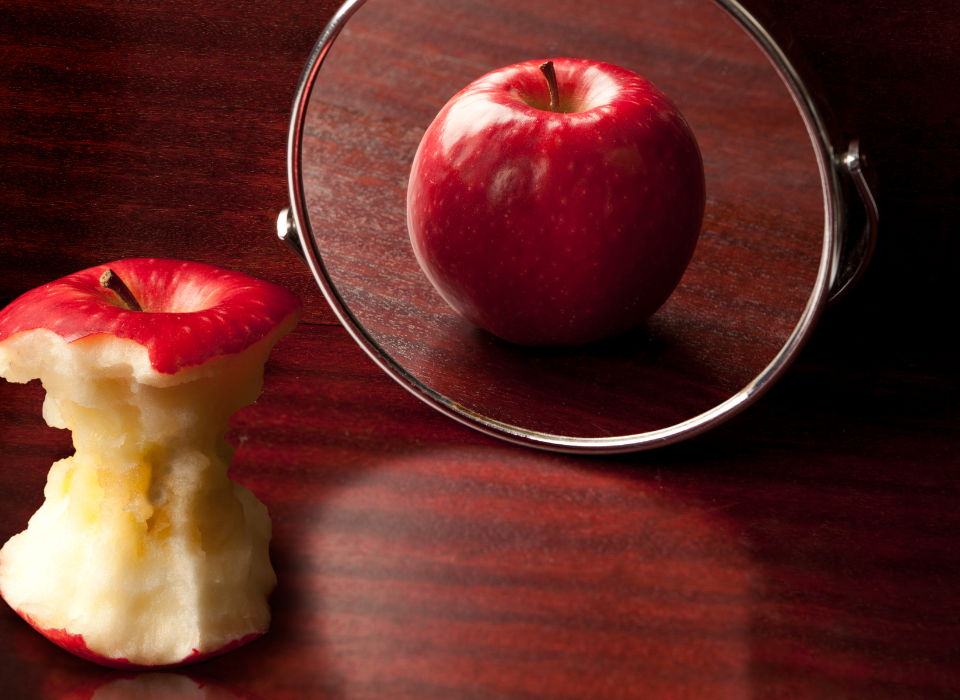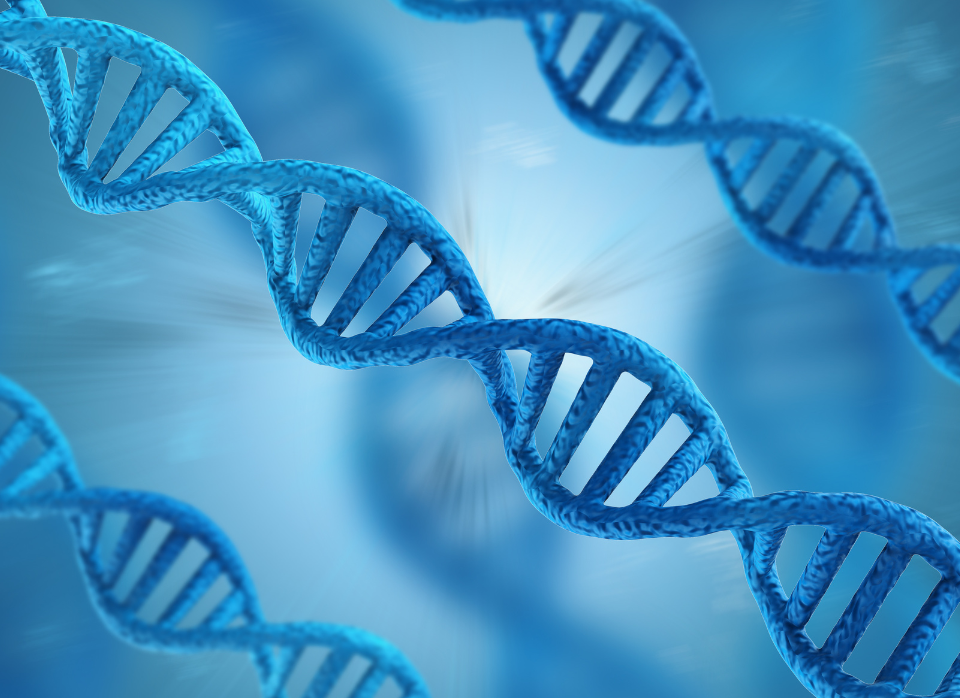
Exploring the Connection Between Eating Disorders and Addiction: A Complex Interplay
September 19, 2024
Understanding Co-Occurring Disorders: The Link Between Mental Health and Substance Use
September 26, 2024The relationship between alcohol and binge eating is complex and multifaceted, with each behavior often influencing and exacerbating the other. While binge eating and drinking may seem like distinct issues, they share common underlying factors that can create a vicious cycle of unhealthy behaviors. Understanding how these two problems interact is crucial for developing effective strategies for intervention and recovery.

Alcohol and Binge Eating: How Are They Connected?
Alcohol and binge eating are both behaviors that can serve as coping mechanisms for dealing with stress, anxiety, and emotional pain. When these behaviors occur together, they can create a reinforcing cycle that makes it difficult to break free from either. Both alcohol and food can trigger the release of dopamine, the brain’s “feel-good” neurotransmitter, leading to temporary relief from negative emotions. However, this relief is short-lived, and the subsequent feelings of guilt, shame, and physical discomfort can lead to further episodes of binge eating and drinking.
One key aspect of the connection between alcohol and binge eating is the way alcohol affects self-control and decision-making. Alcohol impairs judgment and lowers inhibitions, making it easier to give in to the urge to binge eat. For someone struggling with binge eating disorder (BED), consuming alcohol can weaken their resolve to maintain control over their eating habits, leading to episodes of overeating that they may otherwise have resisted.
Binge Eating and Drinking: A Vicious Cycle
Binge eating and drinking can often occur together in a cyclical pattern. For some individuals, binge drinking can trigger binge eating episodes, as the lowered inhibitions and impaired judgment caused by alcohol make it harder to resist the urge to overeat. Alcohol can also increase appetite, leading to cravings for high-calorie, unhealthy foods that are typically consumed during a binge. This pattern is prevalent in social settings, where the combination of alcohol and readily available food can create a perfect storm for binge eating behavior.
On the other hand, binge eating can also lead to excessive drinking. For some individuals, alcohol serves as a way to cope with the emotional aftermath of a binge eating episode. After overeating, feelings of guilt, shame, and self-loathing may lead to drinking as a way to numb these negative emotions. Unfortunately, this often leads to a cycle of binge eating followed by binge drinking, each behavior reinforcing the other and making it harder to break free from the cycle.
Binge Drinking and Binge Eating: Which Has More of an Effect?
The question of which behavior has more of an effect on the other—binge drinking or binge eating—is difficult to answer definitively, as the relationship between the two is highly individualized. However, research suggests that binge drinking can have a significant impact on binge eating behaviors, particularly in those who are already predisposed to disordered eating.
Binge drinking can lead to a loss of self-control, making it easier for someone to engage in binge eating. Alcohol also affects blood sugar levels, leading to increased hunger and cravings for carbohydrate-rich foods. This can make it more likely for someone to overeat after consuming alcohol, mainly if they are already prone to binge eating.
Conversely, binge eating can lead to binge drinking as a way to cope with the emotional distress caused by overeating. For individuals who struggle with both behaviors, the emotional turmoil and physical discomfort caused by binge eating can drive them to seek relief from alcohol, perpetuating the cycle.
Binge Eating Side Effects: The Impact of Alcohol
The side effects of binge eating can be exacerbated by the consumption of alcohol, making it even more important to address both behaviors in treatment. Binge eating can lead to a range of physical and emotional health problems, including obesity, diabetes, heart disease, and depression. When combined with alcohol consumption, these risks can increase significantly.
Alcohol is a known depressant, and when consumed in excess, it can worsen feelings of depression and anxiety. For someone who is already struggling with the emotional side effects of binge eating, alcohol can intensify these negative emotions, leading to further episodes of overeating. Additionally, the physical side effects of binge eating, such as gastrointestinal discomfort and bloating, can be worsened by alcohol, which can irritate the stomach lining and lead to dehydration.
Breaking the Cycle of Binge Eating and Drinking
The relationship between binge eating and alcohol is complex and multifaceted, with each behavior influencing and exacerbating the other. While it can be challenging to break free from this cycle, understanding the connection between binge eating and drinking is the first step toward recovery.
Integrated treatment approaches that address both binge eating and alcohol use are crucial for successful recovery. Therapy that focuses on identifying and addressing the underlying emotional issues that drive both behaviors can help individuals develop healthier coping mechanisms and regain control over their eating and drinking habits. Additionally, strategies such as mindful eating, stress management, and creating a solid support system can be invaluable in breaking the cycle of binge eating and drinking.
By recognizing the connection between alcohol and binge eating and taking steps to address both behaviors, individuals can begin to heal and move toward a healthier, more balanced life.
_________________________________________________________________________________
Looking for treatment for an eating disorder, anxiety, depression, trauma, or postpartum mood disorder?
Evolve Counseling Services is a specialized team of Licensed Therapists providing treatment in Paoli.



